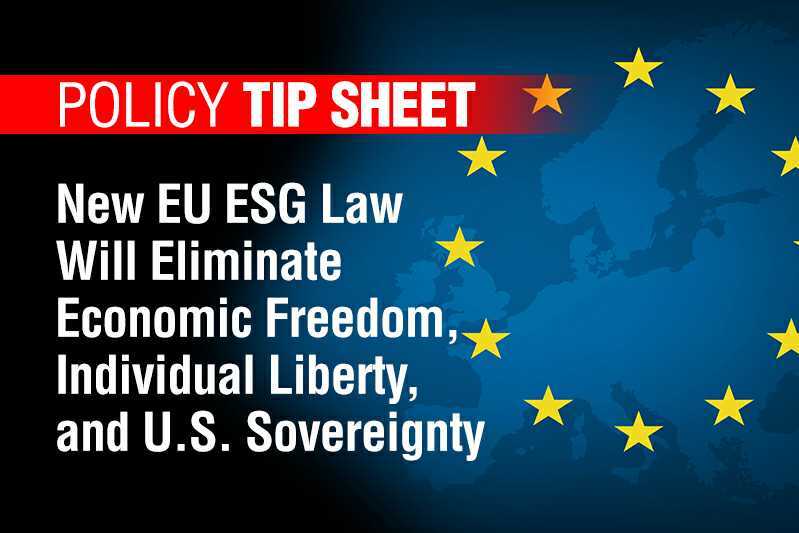Wyoming, South Dakota, and Florida have the best business tax climates in the nation, and New Jersey, New York, and California have the worst, according to the Tax Foundation’s “2012 State Business Tax Climate Index.”
The Index accounts for dozens of state tax provisions, creating a single easy-to-use score that measures each state’s tax climate in comparison with the others. Each state’s ranking is relative to the actual tax policies in place around the country, not a measurement against a theoretical “perfect” system.
“Even in our global economy, a state’s stiffest and most direct competition often comes from other states,” said Tax Foundation economist Mark Robyn, the lead author of the report. “State lawmakers need to be aware of how their states’ business climates match up to their immediate neighbors and to other states in their region.”
Top 10 States
The 10 best states in this year’s index are, in order, Wyoming (#1), South Dakota, Nevada, Alaska, Florida, New Hampshire, Washington, Montana, Texas, and Utah (#10).
Robyn noted nine of the top 10 states do without at least one of the three major taxes: corporate tax, personal income tax, sales tax.
Three of the states—Wyoming, Nevada, and South Dakota—do without two of the three major taxes. They have no corporate or individual income tax.
Alaska has no individual income or state-level sales tax. Florida has no individual income tax. New Hampshire and Montana have no sales tax.
Doing without one or more of the major taxes reduces the complexity and distortions they cause, making the states easier for business, he said.
Bottom 10 States
The 10 lowest ranked, or worst, states in the 2012 Index are Iowa (#41), Maryland, Wisconsin, North Carolina, Minnesota, Rhode Island, Vermont, California, New York, and New Jersey (#50).
The states in the bottom 10 generally have complex, non-neutral taxes with comparatively high rates.
“New Jersey scores at the bottom by having the third-worst individual income tax, the fifth-worst sales tax, the 13th-worst corporate tax, and the second-worst property tax,” the report notes.
“Tax competition is an unpleasant reality for state revenue and budget officials, but it is an effective restraint on state and local taxes,” Robyn said. “It also helps to more efficiently allocate resources because businesses can locate in the states where they receive the services they need at the lowest cost. When a state imposes higher taxes than a neighboring state, businesses will cross the border to some extent. Therefore states with more competitive tax systems score well in the Index because they are best suited to generate economic growth.”
Wrong Approach
Many state governments use targeted tax incentives, credits, and other breaks in the mistaken belief they make the state more competitive.
“Things like film credits, enterprise zones, company-specific sweetheart deals, . . . people think that’s competition. It is, but it’s poor competition,” Robyn said. “You’re playing tug of war over a fixed number of businesses, and ultimately nobody wins. If you can reduce tax preferences and reduce rates at the same time, that will benefit the state as a whole.”
He cited Illinois as an example. Legislators last year enacted big increases in the corporate and personal income tax rates. Major businesses soon threatened to leave the state. State government responded by pledging hundreds of millions of dollars of tax revenue to a handful of large corporations, forcing other businesses and individuals to shoulder the full tax burden.
Illinois dropped 12 places, to 28th place, in the Index rankings, more than any other state. Robyn said Illinois’ 5 percent flat personal income tax is still good compared to many other states, and its sales tax rate is in the middle. These kept the state from falling farther in the rankings, but Robyn warned Illinois’ unemployment insurance, corporate, and local property taxes could drag it down in future.
Other states seeing a big move in their ranking include Vermont, which fell four places, while Massachusetts and North Dakota both advanced four places up the chart.





